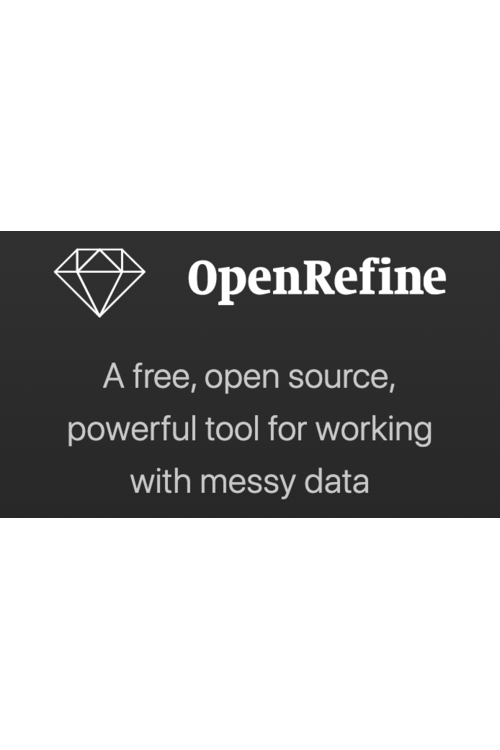Education Program Fall 2021
The Centre for Digital Humanities will offer the following education program in the fall of 2021. You can now register for all courses and lectures. For some courses the number of participants is limited, so register as soon as possible (first come, first served).
The Centre for Digital Humanities aims to promote digital literacy amongst staff-members and therefore compensates attendance to the CDH courses and workshops (not the webinars) in terms of DCU (22 hours = 1 DCU). The DCU’s will be automatically settled with your department at the end of each course.
17 September
CDH Webinar: On data and care in migration contexts
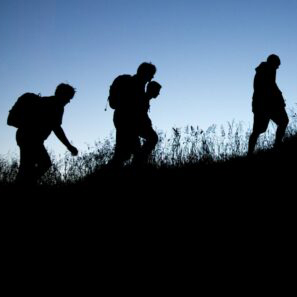
This webinar will be presented by dr. Koen Leurs (MCW). Situated in the emerging interdisciplinary research focus area of digital migration studies, this talk probes how researchers can care for data.
7 October
Basics of Statistics – Hands-on training day for Humanities teachers/researchers
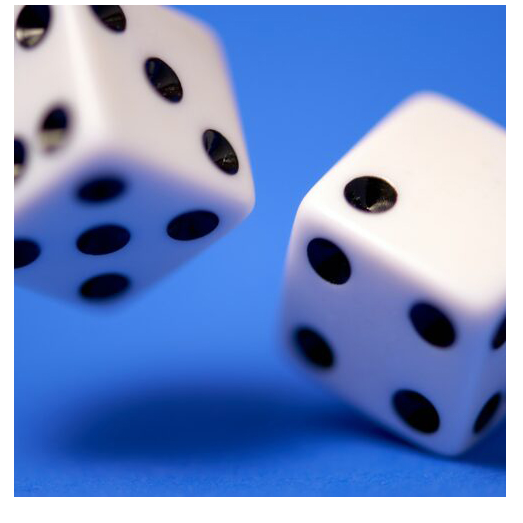
In this one-day course prof. Hugo Quené (TLC) and MSc Kirsten Schutter (CDH) will explain the basics of statistical data analysis. The following topics will be covered: basic concepts, underlying principles, describing statistical properties of data, how to perform simple statistical tests, finding meaningful patterns and interpreting and assessing your statistical results.
Read more & register29 October
CDH Webinar: Beyond “Ctrl-F”: automating searches in large textual corpora
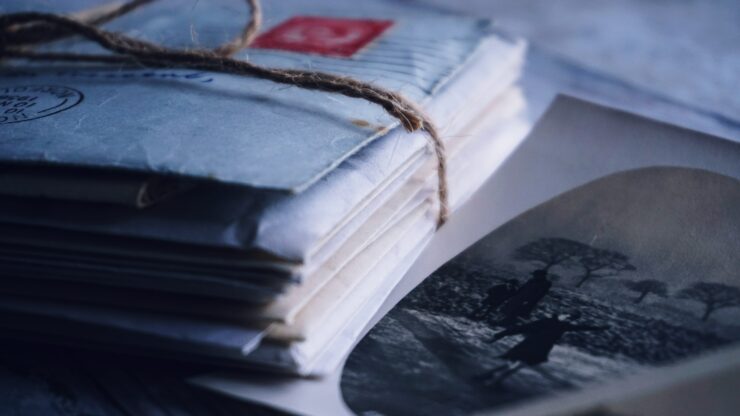
In this presentation, dr. Dirk van Miert (GKG) and Liliana Melgar (GKG) demonstrate, with practical examples and hands-on activities, how to search simultaneously in a large number of digitized texts. Using regular expressions and tools such as Poppler and Python scripts, they show how scholars can move beyond doing manual and repetitive searches in individual files using “ctrl-F”.
8 November
Workshop Text Mining with I-Analyzer
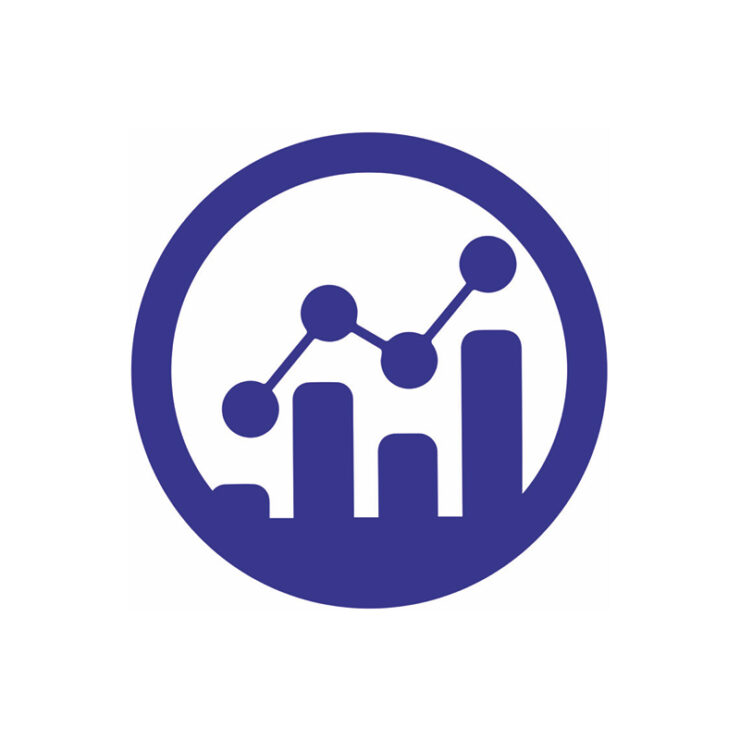
Read more & register
15 & 16 November
Entry level course in Python for Humanities
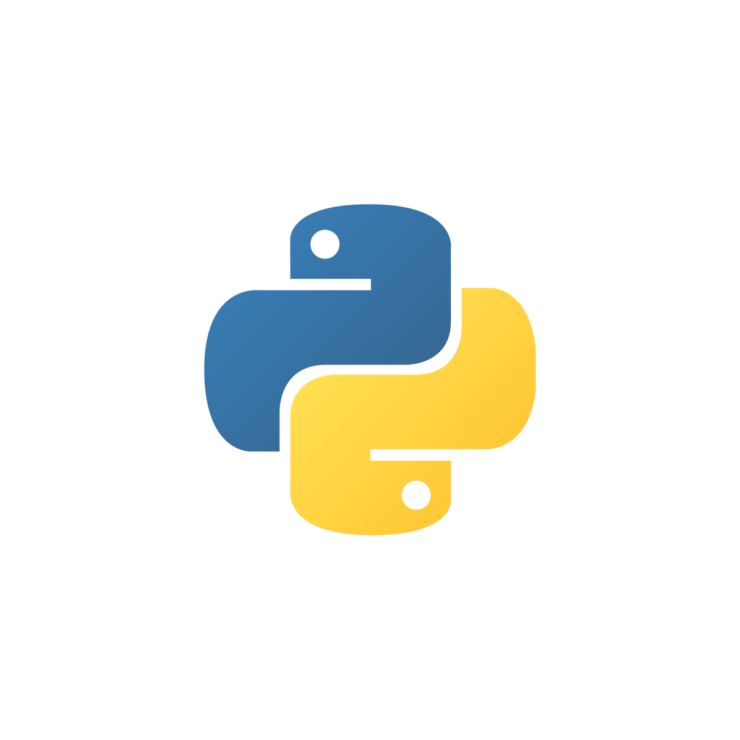
This entry level course in Python for teachers and researchers of the Faculty of Humanities consists of two hands-on training days. The course will be provided by scientific developers of the Digital Humanities Lab and is designed to teach you the foundations in order to write simple programs in Python using the most common structures. No previous programming experience is needed. Sign up soon because there are a limited number of places.
Read more & register26 November
CDH Webinar: Hands-on session ‘Automatic Speech Recognition of Radio’

During this hands-on session on Automatics Speech Recognition on Radio, dr. Alexander Badenoch (MCW) will cover a case study of the Eurovision Song Contest. Automatic speech recognition (ASR) presents a powerful tool in enabling digital exploration of audiovisual material. This session will provide a hands-on dive into working with the ASR layer in the Media Suite for (international) researchers by looking into the Eurovision Song Competition – as discussed on radio.
Read more & register3 December
Introduction workshop OpenRefine
